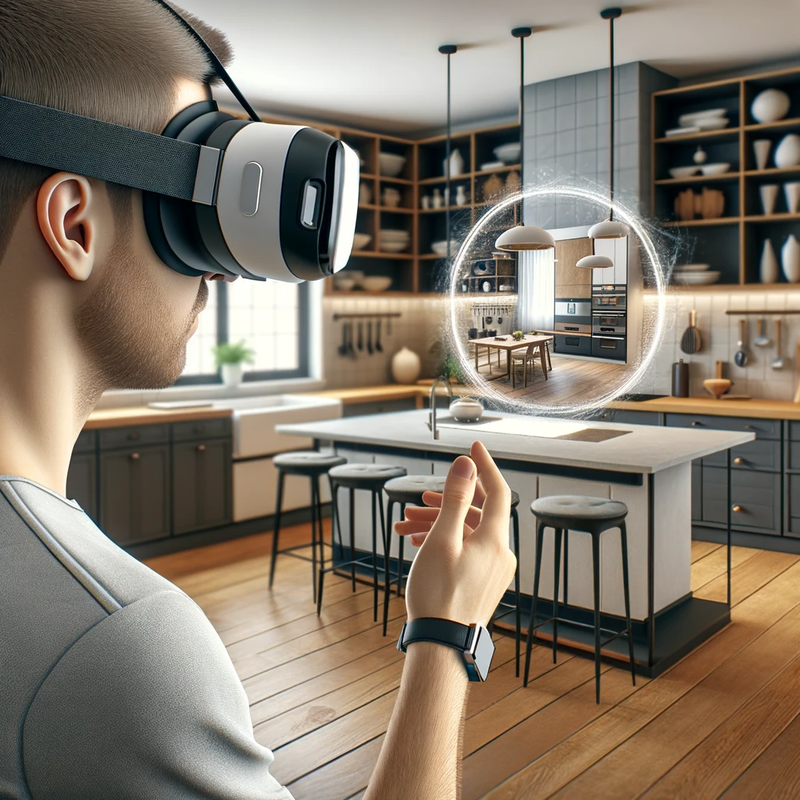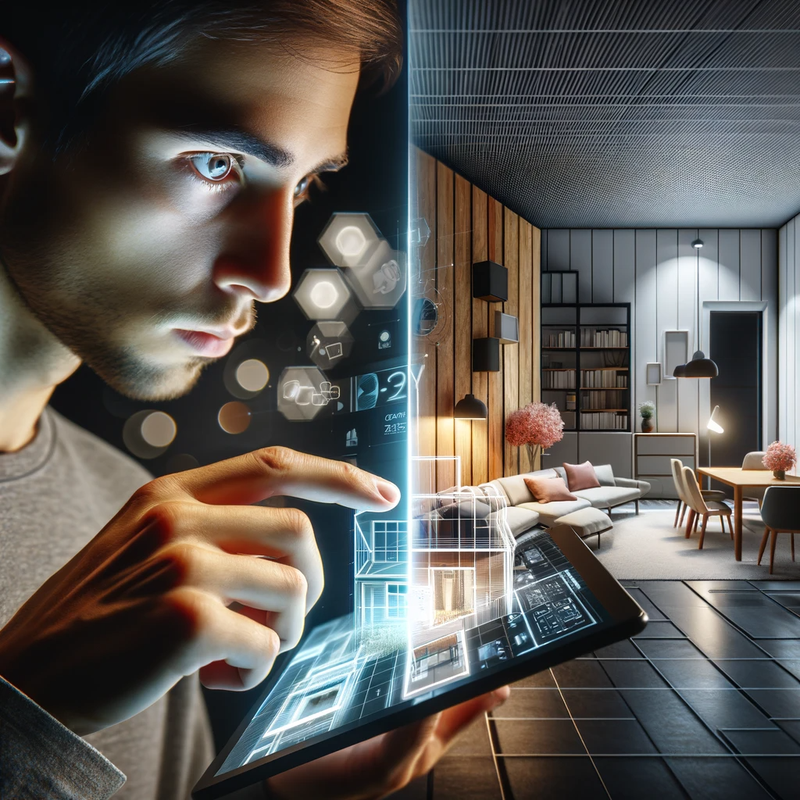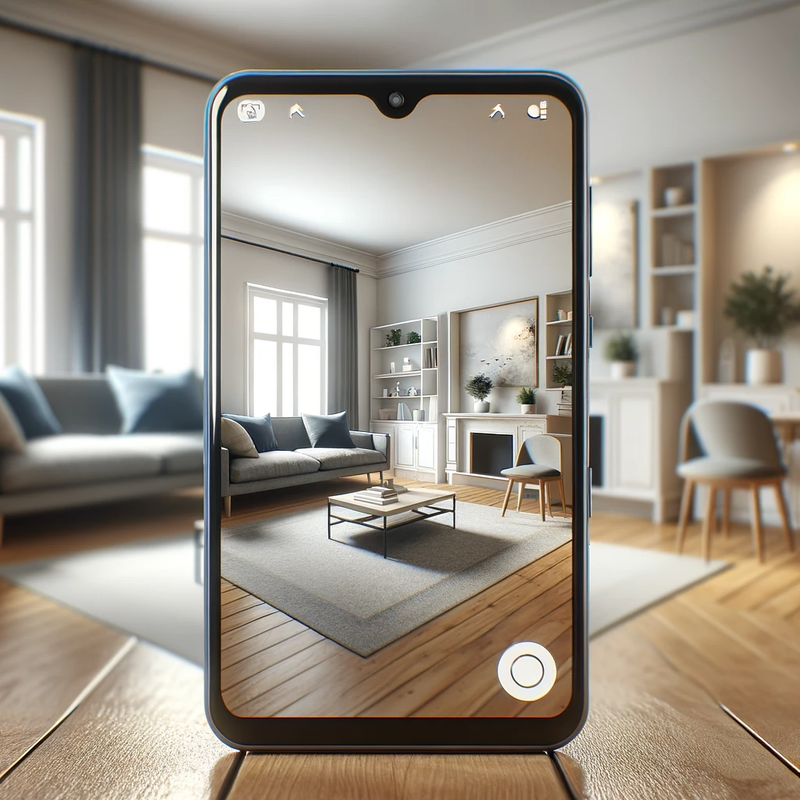Virtual Property Tours: The AI-Driven Future of Real Estate Showcasing
Virtual property tours have quickly moved from being a novelty to a near necessity in the real estate industry, particularly when physical viewings are challenging. What started as simple 360-degree photos have evolved into sophisticated, AI-driven experiences that provide potential buyers with an immersive, informative tour of a property from the comfort of their homes. Artificial Intelligence (AI) advancements have catalyzed this technological leap and are setting the course for the future of real estate showcasing. Here's how.
Immersive Experiences with Virtual Reality
Virtual Reality (VR) technology has advanced significantly in recent years, and AI algorithms are making these virtual tours more interactive and engaging. VR headsets and AI-powered software can combine to create a lifelike experience, allowing users to "walk" through a property and even interact with elements within the space. This experience is both immersive and highly informative, as AI can generate real-time data and annotations to highlight property features.

Smart Personalization Through Machine Learning
One of the key advantages of integrating AI into virtual property tours is personalization. Machine learning algorithms can analyze user behaviour during the tour to understand their preferences better. For example, if a user spends more time in the kitchen than any other part of the house, the algorithm might infer that the kitchen is a crucial factor in their decision-making process. Future tours could be tailored to highlight similar kitchen designs or features, creating a more personalized and engaging user experience.

Real-Time Updates and Adaptations
AI-driven virtual tours can adapt in real-time based on user interaction. Suppose a potential buyer asks about knowing more about the home's energy-saving features. In that case, the AI system can immediately change the tour to focus on solar panels, smart thermostats, and energy-efficient appliances. These real-time adaptations make virtual property tours more interactive and responsive to individual user needs.
Automated Queries and Instant Feedback
Virtual property tours often use AI chatbots to answer queries and provide instant feedback. If a potential buyer has questions about the property's layout, nearby amenities, or financing options, the chatbot can provide immediate, accurate answers. This feature not only enhances user engagement but also gathers valuable data that can be used for future personalization and lead qualification.
Augmented Reality Features
Augmented Reality (AR) adds another layer of interactivity to virtual property tours. Users can place virtual furniture in a space, change wall colours, or visualize different flooring options, all powered by AI algorithms. This functionality gives potential buyers a better sense of how they could personalize a space, helping them make more informed decisions.

Data-Driven Insights for Agents
Using AI in virtual property tours also offers valuable insights for real estate agents. The data gathered can show how long users spend on the tour, which rooms or features attract the most attention, and what questions are most frequently asked. These insights can inform future virtual tours and other aspects of the real estate marketing strategy, from listings to social media campaigns.
Accessibility and Reach
AI-driven virtual tours are accessible from anywhere worldwide, breaking down geographical barriers that could limit a property's potential audience. Language is no longer a hindrance either, as AI can provide real-time translation of text and voiceovers, expanding the property's reach to international buyers.
In conclusion, integrating AI into virtual property tours revolutionizes showcasing and consuming real estate. These smart tours offer a more interactive, personalized, and insightful experience for potential buyers while delivering valuable data-driven insights for agents. As AI technology evolves, we can expect virtual property tours to become increasingly sophisticated, setting a new standard for property showcasing in the real estate industry.
Our Services
View some of our most popular services below.











